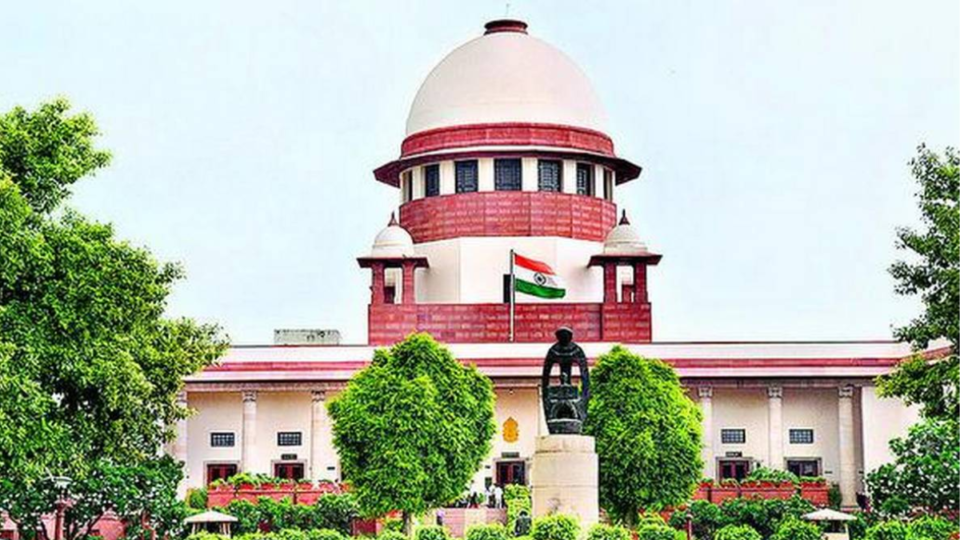The Supreme Court has emphasized that maternity leave is a vital component of reproductive rights, which are now recognized under international human rights law alongside rights to health, privacy, equality, and dignity. Overturning a Madras High Court ruling that denied maternity benefits to a Tamil Nadu government school teacher with two children from a previous marriage, the Court reaffirmed that reproductive rights include maternity benefits and that Article 21 of the Constitution guarantees the right to life with health, dignity, and privacy. The Court highlighted that life under Article 21 encompasses all facets of human rights, including the right to live with dignity and access to health, and criticized rigid administrative rules that restrict maternity leave based on the number of children.
The Court also clarified that the 2017 Maternity Benefit (Amendment) Act permits maternity leave for women with more than two children, with the primary limitation being the duration of leave, not the number of children. It acknowledged the importance of population control policies but stressed that these should be balanced with constitutional obligations to protect women’s rights and dignity. The verdict underscored that population control and reproductive rights are compatible goals that must be approached humanely and rationally, and it rejected the high court’s division bench decision, reaffirming that women’s reproductive rights and benefits should be upheld without discrimination.

